|
1. Dark Waters "I’m seeing documents I don’t understand." Synopsis: Corporate defense attorney Rob Bilott takes on an environmental lawsuit against a chemical company that exposes a lengthy history of pollution. dir. Todd Haynes. 126m; 2.39:1. This is the most important film on the lists. You have to watch it. Just do it. And then get rid of your non-stick pans. It’s a true story about an unlikely hero– a high-powered attorney who went from defending megacorporations to attacking them, and sticking with the fight for twenty-odd years because it was what he needed to do. Sometimes we are compelled toward goodness and right action, and the outcome is less important than the effort, and the effect of trying alone is worth it. There are resonances here with Bombshell and Hidden Life: historical figures who took a stand and didn’t expect to have much of an impact, if at all. And yet: goodness has a way of multiplying. I don’t think anyone was expecting the director of Far From Heaven to follow up Carol with this, but Haynes brings his customary thoughtful attention to the proceedings. Note the filmlike patina; Haynes and regular DP Ed Lachman go digital for the first time, likely to be able to more accurately approximate which film stocks would’ve been in use during which years of the 25-year span of the text. In terms of color choices, it’s very muted; says Lachman, "I was looking for a way to help feel the images becoming toxic and contaminated in our character’s lives, in our story as it is revealed.” Somewhat like The Irishman, the aesthetic of the camera– workmanlike, effective, lacking in flair– matches the protagonist’s dogged character, and conveys the determination of this ordinary man under extraordinary pressure. The 2.39 ratio helps sell the size of the narrative. Haynes underplays beats that other filmmakers would emphasize, and such as they are we appreciate their real-world context with more power. One such moment is when Tim Robbins yells at the other attorneys seated around the conference table. I know of no other director who would run that in a wide shot. The discipline makes for a fresh take on moments that might otherwise come off as overfamiliar from lesser legal pictures. Personally, I was struck by the fact that Bilott kept going. We know through hindsight that the positive outcome of this information being made public was worthwhile; but he would’ve had no way of knowing that, nor knowing if he was any closer to success for years. A remarkable human interest and triumph narrative and a vital piece of public health information, packaged in an entirely absorbing narrative drama format that sends its message much more potently than any documentary. 2. A Beautiful Day in the Neighborhood "Sometimes we need to ask for help. And that's okay." Synopsis: A retelling of the creation of Tom Junot's 1998 Esquire profile on Mr. Rogers. Trailer. dir. Marielle Heller. 109m; 1.85:1. It’s not the greatest film. It isn’t even great. It’s not Heller’s best moment of creative direction; this is staid compared to the visual rambunctiousness of Diary of a Teenage Girl and the pleasing natural-light shallow-depth lensing of Can You ever Forgive Me. But we forgive that, because of the content. Tom Junot’s famous and justly awarded 1998 Esquire article is the subject here, with a fictional standin playing the Junot character as lead; Rogers is a supporting role, and the subject is how Rogers brought the cynic journalist around. It’s about goodness, in other words, and learning to see it. Rogers inspires me because reading about him, watching him, learning about him– all normalizes the behavior of compassion and love. He makes you feel brave enough to slow down, to really listen to others. To care. Hanks is riveting. He doesn’t look like Mr. Rogers, but no one else could’ve played him. Goodness is best when it stems from truth, and Hanks channels his own persona into something deeper here. Fabulous work. 3. Knives Out "The complexity and the gray lie not in the truth, but what you do with the truth once you have it." Synopsis: Agatha Christie for the 21st century, with an unexpected amount of heart. Trailer. dir. Rian Johnson. 131m; 1.85:1. What a piece of misdirection the marketing campaign is. Knives is so utterly not about what the trailer leads us to think it's about. I almost didn't see the film. I'm so glad I did. To wit: Todd Phillips made one compelling dramatic feature before making Joker. 2016’s little-seen and underappreciated War Dogs (trailer) was advertised as a comedy, but wholly functions as a (spectacularly well-photographed) drama, effectively tugging our emotions as it charts the sad dissolution of a friendship between two arms dealers. War Dogs was also the first place I saw Ana de Armas. In it she plays “the girlfriend,” and like all “the girlfriends” in movies her character is compelling for two reasons: being underused and therefore curiously compelling; and playing a key role in the film’s emotional arc. Unlike many “the girlfriend” roles but in keeping with what all great actors do, Ms. de Armas makes the most of an underwritten role. I found myself watching the picture waiting for her to reappear. Later, she would play the role that would largely define her in my consciousness until now: the robot in Blade Runner 2049 (trailer). She occupied the role with such charisma I forgot I’d ever seen her before. She enlivens that magisterial, stoically paced masterpiece not with pep or quirk or any other element out of keeping with Villeneuve’s slow-moving mythic grandeur, but with something else. Why do I respond to her so? [Spoilers] This is the question I found myself asking after Knives Out, and only with Knives Out can we find the answer, because we are lucky enough in that she plays the lead role. But before I could answer I had to think about what I was really searching for. The question is much broader, and I’ll ask your forgiveness in bringing up: what do we find attractive? The easy answer is that I respond to Ana de Armas because she’s pretty– and she certainly is. But in the world of cinema, everyone’s pretty. Everyone has a trim figure and clean skin and symmetrical features. So what is it about her? I like Ana de Armas because she reminds me of certain kind people who have had the huge impacts on my life. She reminds me of those people because she is good. Tom Hanks recently explained to NYT why he doesn’t play villains: “I recognized in myself a long time ago that I don’t instill fear in anybody. Now, that’s different than being nice, you know? I think I have a cache of mystery. But it’s not one of malevolence. It’s because I never get them, because bad guys, by and large, require some degree of malevolence that I don’t think I can fake.” I would argue Ana de Armas possesses a similar quality. In the way Rachel Weisz and Cate Blanchett prove the notion that it’s very hard to hide the fact that you’re intellectually smart if you are (although the extremely well-read Ben Affleck completely disproves this hypothesis!), de Armas and Hanks suggest in their performances that there are elements of goodness which are so genuine they can neither be faked nor hidden. She prevails not by being clever, although she is and that’s part of it, but through her most essential quality, as spelled out by Daniel Craig at the close. He recognizes this goodness because he possesses some of it himself. To have the film end as it does gives me an existential shuddering release of joy, the relief that things in this dream world turn out right after all. The images reinforce what can be possible. They carry the joy that concludes Once Upon a Time... in Hollywood, except without the pugilistic aftertaste of extreme violence. I don’t mean to say it’s a better film than that one (it isn’t), but I would easily say it’s far more than an effective genre exercise. It invites a consideration not of who did what, but of who did what why, and more crucially who had good intentions and who didn’t. Intent being the thing– a less common focus than you'd imagine. Chris Evans will be arrested, among other things, for attempting to kill ADA, because in this country, attempting a crime is legally identical to committing a crime. Because it’s about where we’re coming from, even more than the hard facts of who did what. I took enormous comfort in this movie having such a big heart to reach out and understand her, give her safe haven among a cast(e) of people inclined otherwise. I was beyond thrilled to gradually realize she was the centre of the film. I could hardly be happier with the dream the film offers us, the dream I want to believe, that I try to make happen every day I continue as the fragile and joyful person I hope to be. 4. Once Upon a Time… in Hollywood "Naturally, we never succeed, but it's the pursuit that's meaningful." Synopsis: Sharon Tate, a fading TV actor, and his stunt double coexist in Hollywood in the summer of 1969. Trailer. dir. Quentin Tarantino; 165m; 2.39:1. Everything I’ve ever wanted to say or will say about this film and Tarantino's oeuvre can be read on this site's biggest post, here. 5. Bombshell "Someone has to speak up." Synopsis: A group of women take on Fox News head Roger Ailes and the toxic atmosphere he presided over at the network. Trailer. dir. Jay Roach. 109m; 2.39:1. It’s safe to assume, at this point, that the negative reception and turgid box-office performance of the 2015 Will Smith vehicle Concussion, about the trauma that concussions have on football players, was a result of successful sabotage by the almighty NFL and its affiliates. If the information in that film had been widely seen, the financial damage to the NFL could have been significant. And we all know how much the NFL doesn't want that. I wonder after a similar theory regarding Bombshell, another film that exposes the unambiguous wrongs of a massively popular corporation. How on earth does this film have such mediocre reviews from so many major establishments when it is so obviously excellent? Should I be surprised that the Wall Street Journal and the New York Post both gave the film bad reviews, when those institutions are housed in the same building as Fox News? No. I am not surprised. I am happy, though, that the film exists, and that it offers a highly compelling portrait of women standing up for themselves and coming forward despite enormous pressure and personal cost, to right systematic evils and reconfigure what’s acceptable in the workplace. The three leads (plus Kate McKinnon) are terrific, dimensional figures played with zest and magnetism. John Lithgow makes the despicable Ailes character dimensional as well, and his work plus Charles Randolph’s script offer a glimpse into how this train wreck of a personality may have gotten started. The aim isn’t studying Ailes though, which I see as an exercise with useful but limited returns, but rather articulating what was going on for the ladies, what happened next, and what that felt like.
Roach gets significant mileage out of Robbie’s ability to convey a lot with silence (which she does to ample effect in her excellent perf in Once… Hollywood), helping any audience member understand exactly how much mere words can still be a violation. The picture snaps and crackles with energy, and part of me wishes it was longer; what fascinating people these are, and how curious and comforting to reflect that even people who believe working at, watching, or even thinking about Fox News is a good idea… still share quite a bit in common with the rest of us when it comes to what constitutes human decency. Now who would’ve thought that possible? --- Nathan's Films of 2019 Index here.
0 Comments
Leave a Reply. |
Nathan
Archives
July 2024
Categories |
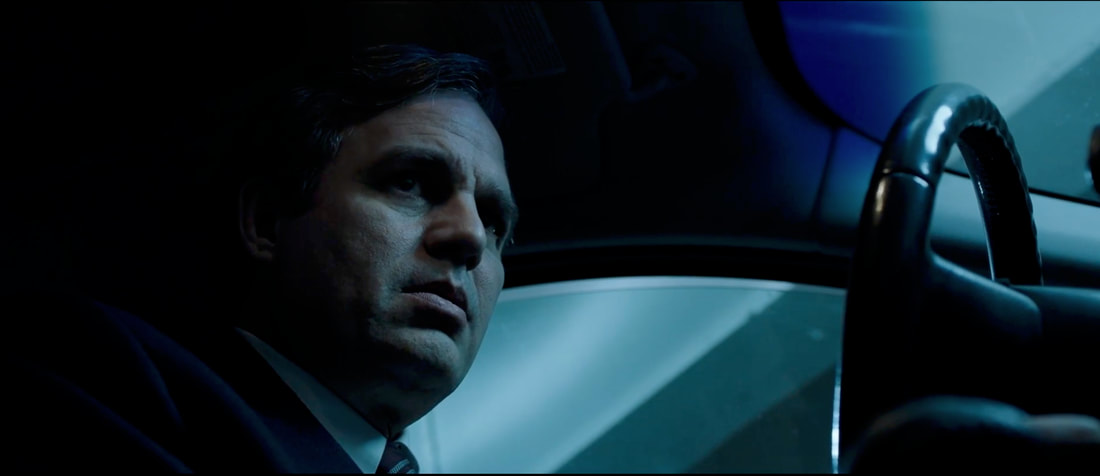
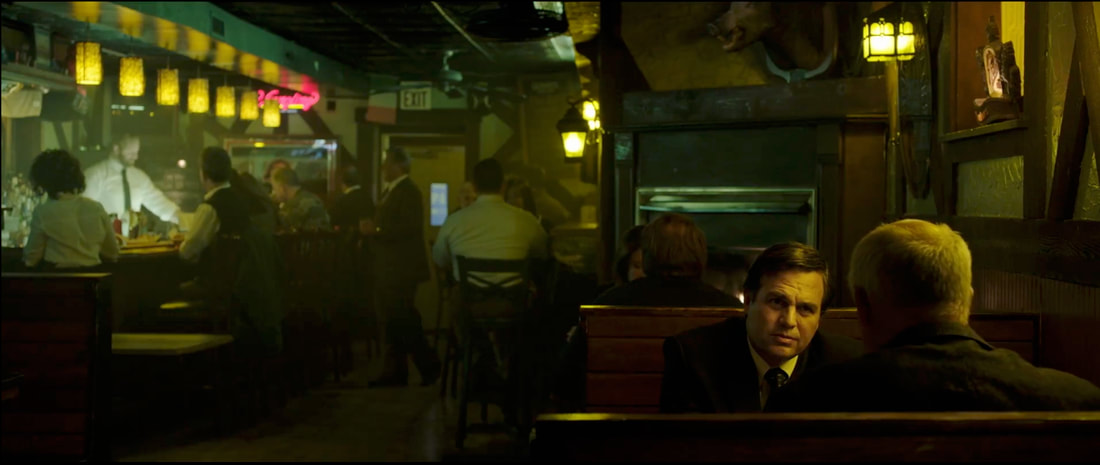
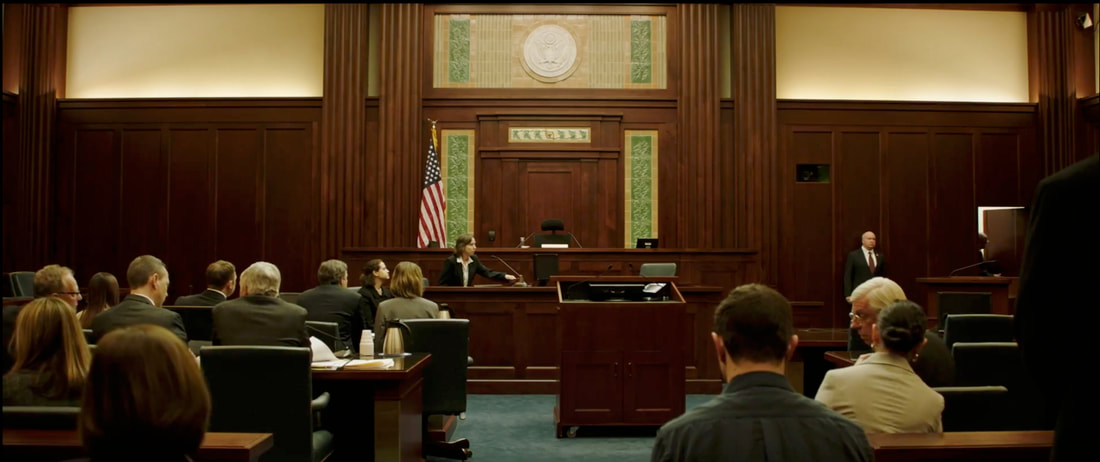
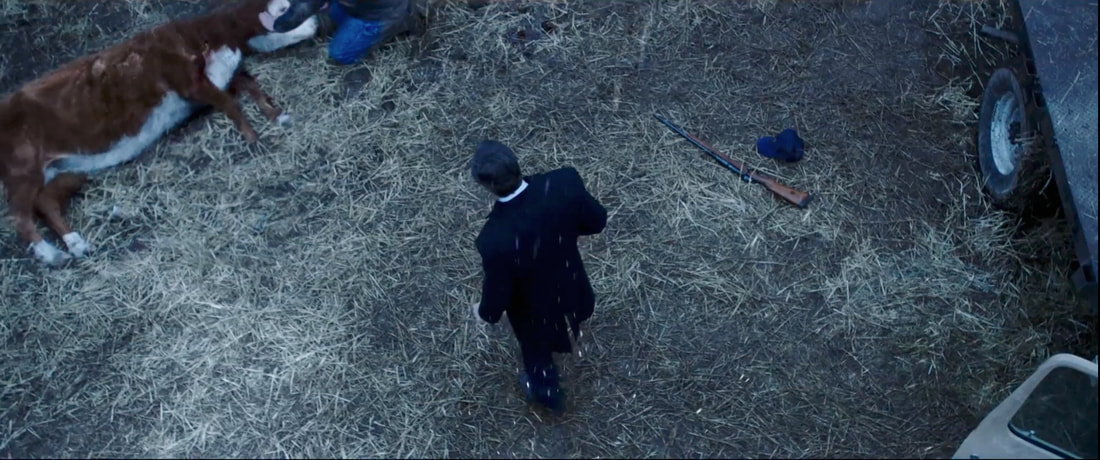
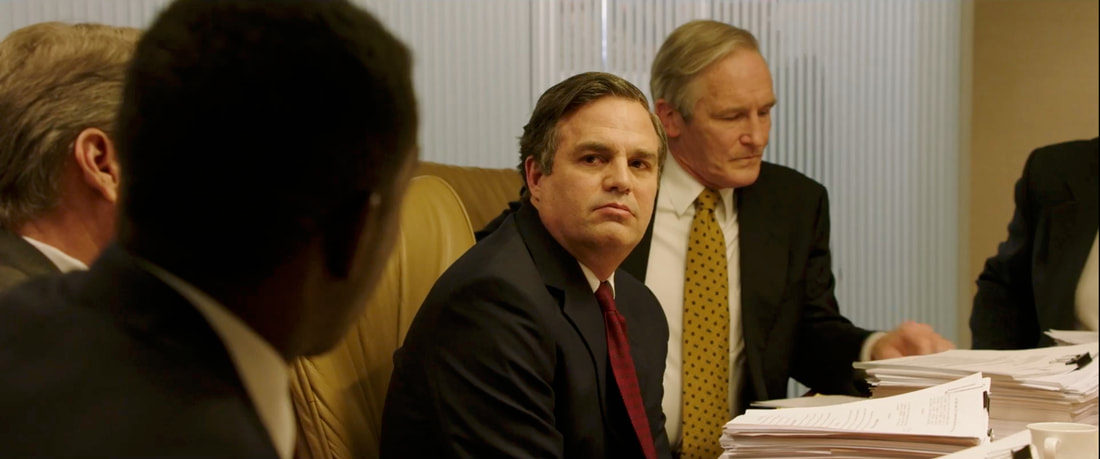
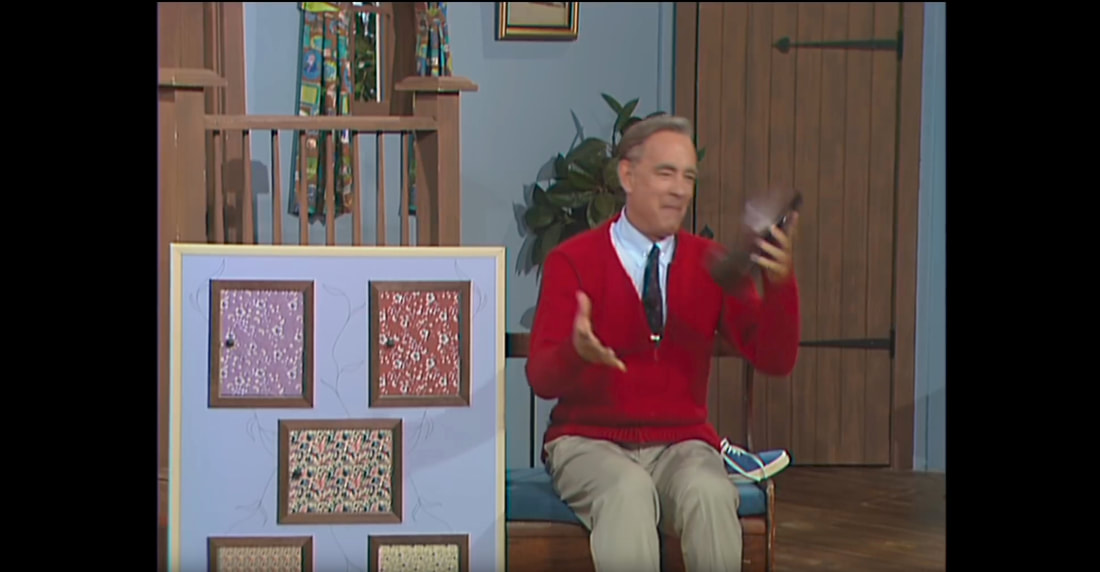
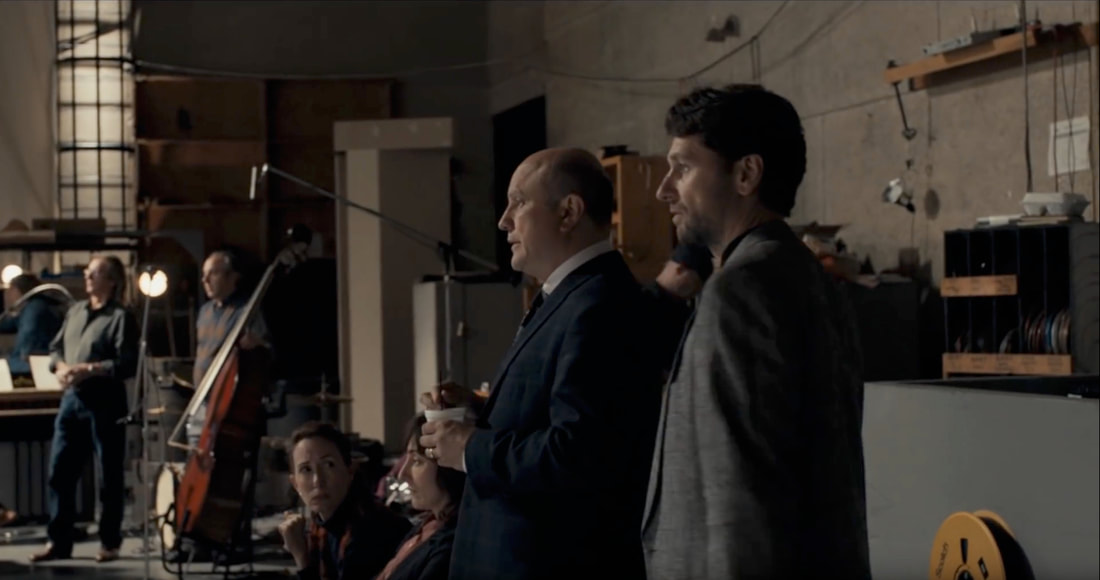
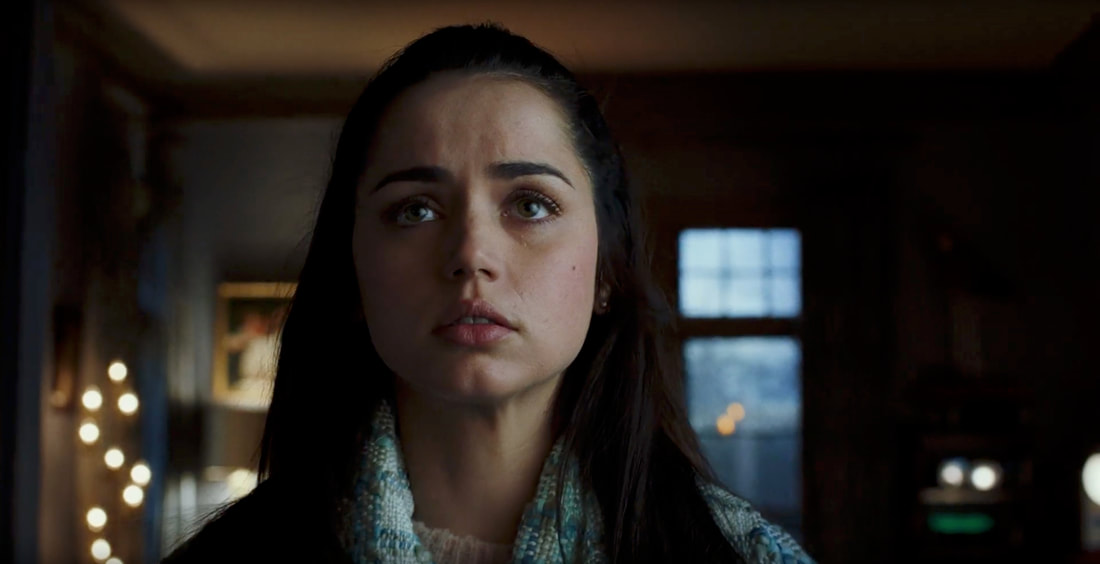
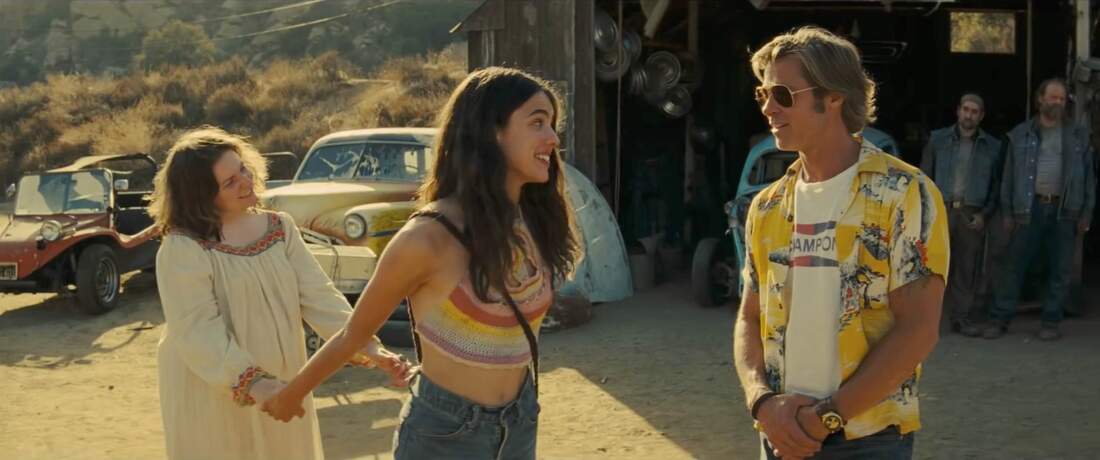
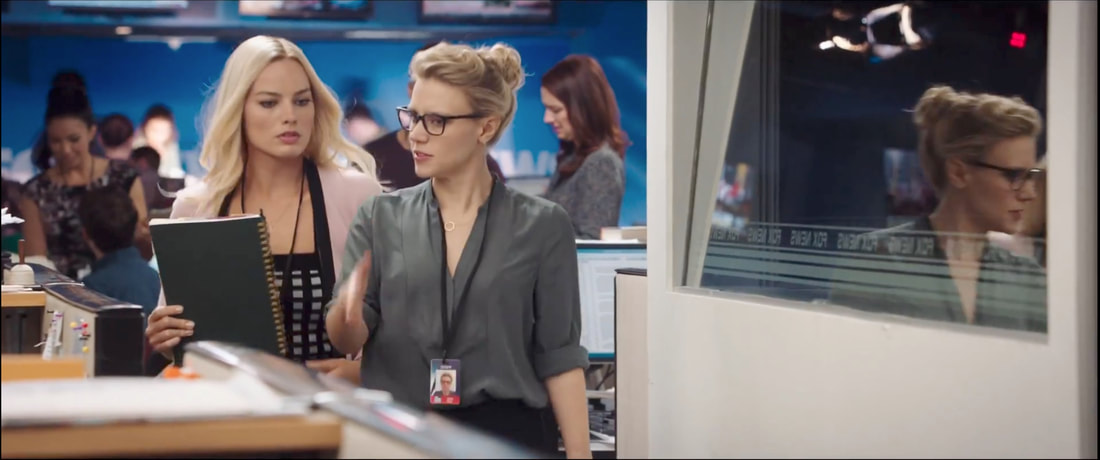
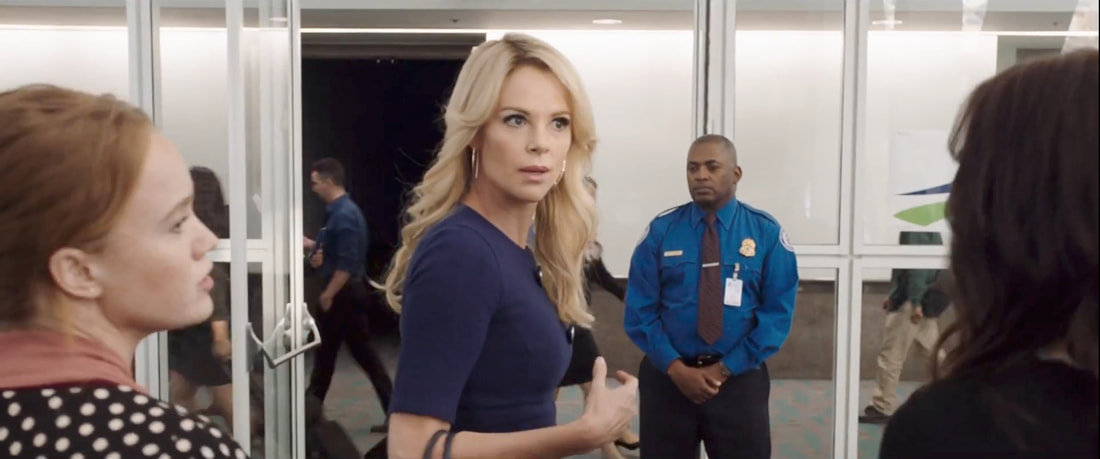
 RSS Feed
RSS Feed
